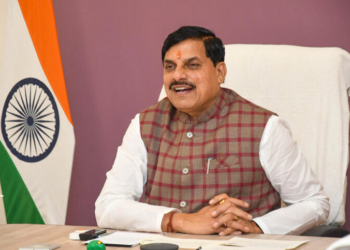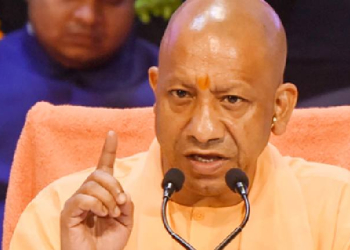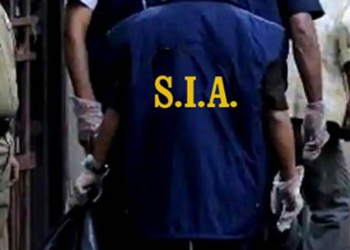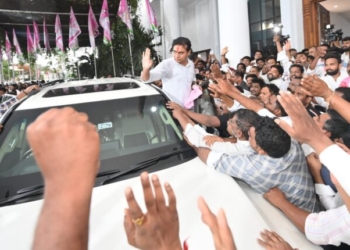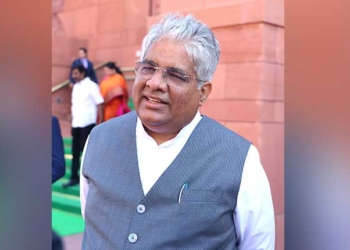New Delhi: The Supreme Court on Tuesday dismissed a curative petition by the Centre seeking an additional funds of over Rs 7,400 crore from the successor firms of Union Carbide Corporation (UCC) for extending greater compensation to the victims of the 1984 Bhopal gas tragedy.
The curative petition is the last legal recourse in a matter.
A five-judge bench of Justices Sanjay Kishan Kaul, Sanjiv Khanna, Abhay S. Oka, Vikram Nath, and J.K. Maheshwari declined to entertain a plea filed by the Centre in 2010, saying it has got no foundation on legal principles and stressed that reopening the settlement issue will only open a “Pandora’s box”.
The bench said the Centre has not provided any rationale to “rake up” the issue of settlement after more than two decades in connection with the 1984 Bhopal gas tragedy, which claimed more than 3,000 lives and caused massive damage to the environment. It said such a plea should have been raised immediately after the tragedy, not after the three decades.
It said the Centre’s claim for a top up on compensation for the Bhopal gas tragedy victims has no foundation and added that either settlement is valid or set aside where it is vitiated by fraud. “No such fraud has been pleaded by the Centre and their only contention relates to a number of injuries and costs that were not contemplated at the time of the settlementa,” noted the bench, dismissing the Centre’s plea.
The bench added that the responsibility was on the Union of India to make good the deficiency in the compensation and the failure to take insurance policies is gross negligence on the part of the Centre and in breach of the directions issued by this court in review judgment.
“The responsibility was placed on the Union of India being a welfare state to make up for the deficiency and to take out relevant insurance policies. Surprisingly, we are informed that no such insurance policy was being taken out,” said the bench, adding that Centre cannot be negligent and seek a plea from the court to fix responsibility on UCC.
The top court also added that a sum of Rs 50 crore lying with the RBI for the victims shall be utilised by the Centre for pending claims in accordance with the Bhopal Gas Leak Disaster (Processing of Claims) Act of 1985 and the scheme framed thereunder.
The bench said that it was Centre’s own stand that the commissioner has adjudicated all claims as per the procedure established by the law which had culminated in the court’s order in 2004. It further added that the amount was in surplus of the actual requirement and the compensation was more than what was intended in law.
The bench, in connection with the environmental degradation, said it was UCC’s allegation that Centre and state government did not proactively do enough to detoxify or decommission the site, thereby aggravating the problem. “This also cannot be a ground to seek annulment of the compromise particularly when the settlement had been reached in an expeditious manner,” said the top court.
The Centre sought over Rs 7,400 crore from UCC’s successor firms over and above the $470 million (Rs 715 crore) it got from it as part of the settlement in 1989.
During the hearing, the successor firms of the UCC had told the Supreme Court that the Indian government never suggested at the time of settlement (of 1989) that it was inadequate. The firm’s counsel emphasized that depreciation of the rupee since 1989, cannot become a ground to seek a top-up of compensation now for the Bhopal gas tragedy victims.
Senior advocate Harish Salve, representing successor firms of the UCC, submitted that there are affidavits starting from 1995 and ending as late as 2011, where the Indian government has opposed every single attempt to suggest that the settlement is inadequate.
The top court had also grilled Attorney General R. Venkataramani, representing the Centre, on how the government could file a curative petition without filing the review. It told the AG that the Central government was not prohibited from granting relief to the Bhopal gas tragedy victims, and it cannot absolve itself from the welfare state principle saying, “I will take it from them (successor firms of Union Carbide Corporation), as and when taken from them, I will pay…”
(IANS)



